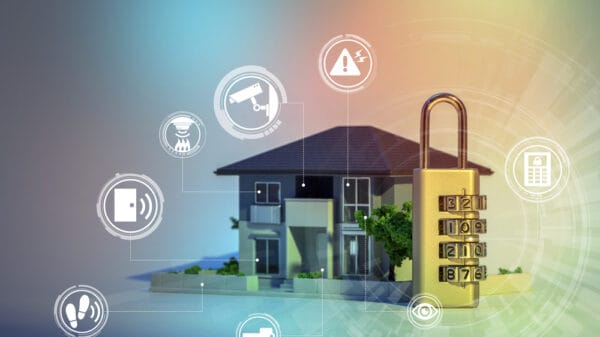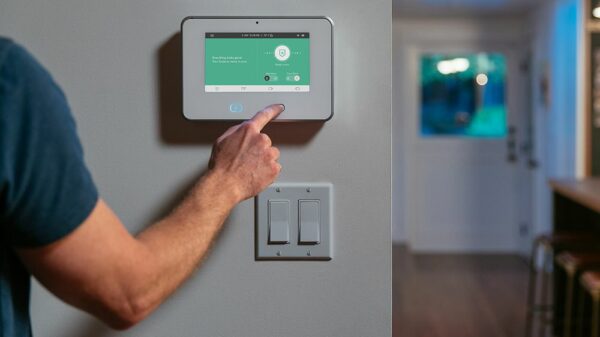Cyber security appears to have risen to the top of the agenda. In the world of e-commerce, social networking, and the shift to cloud based applications, the issue of staying secure in the cyber-sphere permeates our daily lives.
Parents suspect their child has a better chance of being bullied on the internet than being bullied on the playground, and 60% of millennials believe using public wi-fi is more dangerous than using a public bathroom.
Unsurprisingly, millennials (ages 18-34) consider themselves better equipped to deal with online dangers than their parents. The Norton Cybersecurity Insights Report surveyed more than 17,000 individuals around the world, from ages 18 to 65+, to reveal that millennials feel more knowledgeable than older generations in how to secure Wi-Fi networks, and how to update privacy settings on a phone. One in three millennials awarded themselves an A+ for online security—the highest of any age group.
But, as we endeavour to improve our security online, it seems the younger generation is increasingly putting their physical security at risk.
Home safety and security hinges on locks
According to one study, millennials are more likely to be sloppy with home security than their elders. A fifth of Millennials admitted they were unsure about who has keys to their home beside the people that live there, and over three quarters admitted giving away keys to non-residents: 19% said they give keys to their neighbours while others routinely hand out keys to cleaners (5%), dog walkers (3%), gardeners (2%) and tradesmen (2%).
And it’s a sorry story considering the rising popularity of professional alarm response services offering such flexible options as arranging access to tradesmen or contractors, emergency response to burglar and intruder alarm activations.
The same survey also found that 60% of respondents failed to change the locks when moving into a new home, trusting previous occupiers to give over all copies of the keys, and research from insurer Direct Line, showed that more than 90% of landlords do not change the locks on properties between tenancies putting ‘generation rent’ more at risk than older homeowners.
High-risk millennials with low-quality security systems
Despite what we may believe, it’s not the elderly who are most at risk of a break-in—the 16-25 age group is twice as likely to be targeted as over-75s, and almost three times as likely to have no security measures in place.
This news is surprising, especially considering the wealth of tech available to secure your home. Young people have many options open to them which would relieve them of their home security responsibilities, yet still, so many of them are failing to bring their security up to scratch.
As former Police Commissioner Colin Port explained: “Students and young people’s homes are a common target for thieves as they often hold laptops and other valuables whilst rarely investing in securing what may be rented or temporary property.”
Protecting their property is not as high on Millennials’ priority lists either, with fewer young adults having burglar alarms, external window locks or being members of the local Neighbourhood Watch than the general population. Only 22% of student homes have a burglar alarm fitted, compared to 30% of the general population.
Poor home security costs more than insurance
Millennials are increasingly sceptical about insurance policies too, with marketing and insurance industry experts lamenting the hard sell. “Millennials don’t want the same insurance products Baby Boomers do”, explains Lynn Kesterson-Townes for the IBM Commerce blog. Millennials are less likely to be supporting families, she writes, less likely to own insurable property like cars and homes, and more likely to prefer usage-based insurance (UBI) to coverage based on traditional determinants, such as age and gender. Millennials are comfortable with technology knowing their personal business—their specific lifestyle needs—and are willing to trade personal information for a discount.
Still, despite opportunities to tailor cover, according to research by MoneySupermarket, students are the biggest culprits when it comes to failing to insure home contents and high-value goods. Nearly 50 per cent of students do not have any home contents insurance and are 54% less likely to insure expensive televisions and 76% less likely to insure expensive watches.
Simon Davies is a London based freelance writer with an interest in startup culture, issues and solutions.


























































































































































































